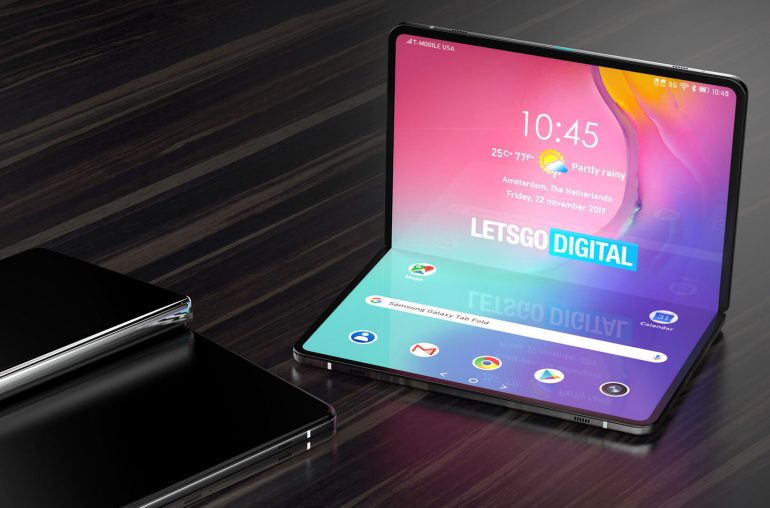Samsung is planning to introduce new foldable tablets and laptops into the market. An executive has confirmed that the company plans to add these new form factors to the foldable category.

Samsung Could Release A Foldable Tablet In The Future
Samsung has had experience in creating foldable devices for a while and has launched five versions of its foldable smartphones. Last month, the South Korean giant launched the Samsung Galaxy Z Fold 5 and Samsung Galaxy Z Flip 5. These devices brought substantial upgrades and improvements over their predecessor.
The Business Head of Samsung Mobile eXperience, TM Roh, has now confirmed in an interview that Samsung is preparing to launch new foldable tablets and laptops. Roh expresses the company’s confidence in the viability of a foldable Android tablet, citing the popularity of the tablet market. He further says that it is a part of “human nature for so long to read books or use notebooks”.
Samsung Is Also Working On A Foldable Laptop
Roh claims that similar to notebooks, foldable tablets are easy to carry anywhere and will protect the information stored inside. Samsung is “investing a lot of resources” to bring folding technology to tablets and laptops. He says the company is ready to deliver “meaningful innovation” to consumers once the foundational technology is developed.
Roh believes that for a folding tablet to be successful, it needs to “include a screen large enough to be easily used, in a thin form factor”. He cited the recently launched Samsung Galaxy Tab S9 Ultra with a 14.6-inch display as an example. However, he did not elaborate on a definite launch timeline for these products.
Samsung has been teasing the possibility of folding tablets for a while. The company showcased a foldable tablet concept at CES last year. Rumours had also surfaced that the company would release a “Galaxy Z Tab” at its Unpacked event, but they proved to be wrong. Reports suggest that companies like Apple and Google are also exploring the potential of foldable tablets, meaning that Samsung could face competition in the future.